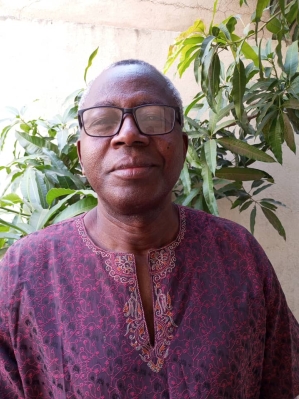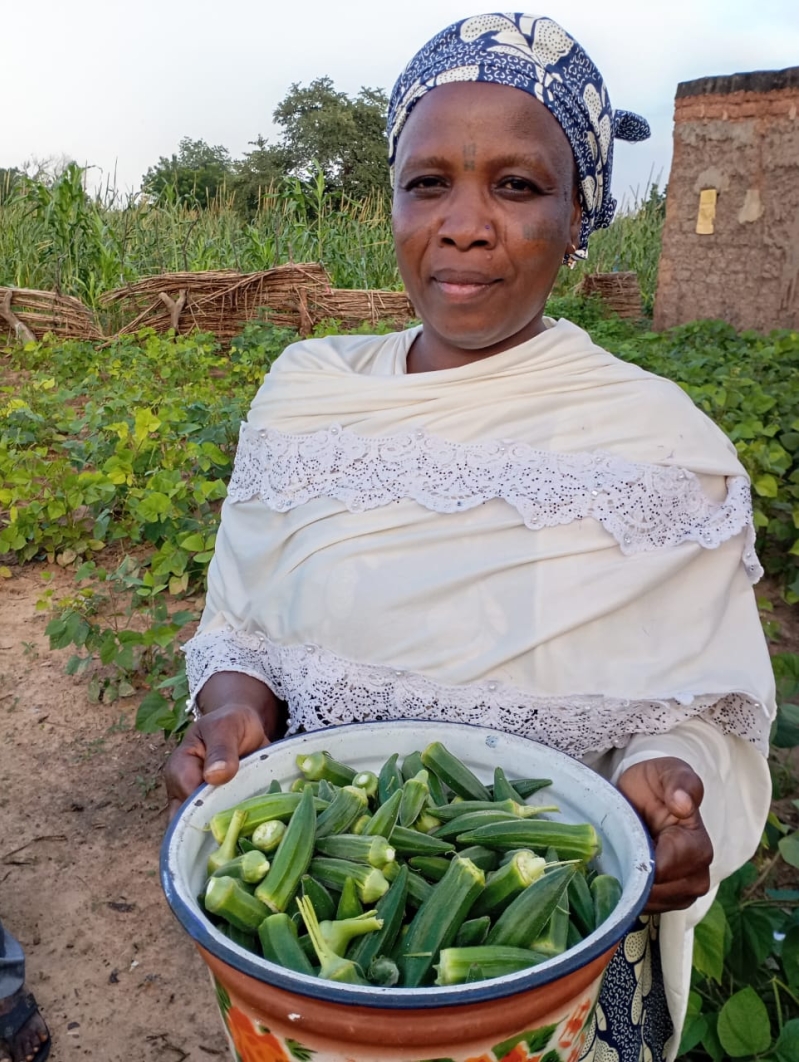
A West African organisation is working with local churches and rural communities in Niger, Mali and Burkina Faso to support small-scale farmers in the production of cereals, diversifying nutritional intake and boosting incomes in a region increasingly facing climate change challenges. The unique programme offers training to evangelists and Christian workers on farming best practices as an income generating activity and as a means to evangelise to the community.
The initiative is part of the West Africa Holistic Integration (WAHI) approach to wholesome, end-to-end transformation of communities. WAHI founder and Executive Secretary, Zakaria Abdou, explained that WAHI's approach centres on self-financing through the mobilization of local resources to ensure the long-term sustainability of its projects and programs, "with a particular focus on empowering women and youth."
"Our vision is to develop sustainable agriculture in West Africa to achieve food security and sovereignty, with the aim of fighting physical and spiritual poverty in a holistic way," Abdou told Christian Daily International in an interview. To achieve this, WAHI's interventions cut across food security, health and nutrition, education, peace building, the environment and climate change.
In Niger, for example, WAHI and LM International, a Swedish Christian non-governmental organisation, partnered with the local steering committee of Evangelical Associations and Mission of Niger called AMEEN in Guéchémé to equip church workers. "It is a question of making pastors and evangelists financially and economically autonomous and accompanying them in the evangelization of villages not reached by the Gospel," said Abdou.
The pilot project started with five pastors and evangelists, a model that WAHI intends to scale at the regional and national level. One of the beneficiaries of the initiative is Hinda Salissou, wife of an evangelist in Niger, who produces and processes okra and mung beans, and is now training five women evangelists to do the same.

"Processing mung beans will improve nutritional health and generate income for the families of evangelists," said Abdou. "At the same time, quality okra and mung beans produced by evangelists, will also be sold to the population and add income for them again. All these innovative technologies are owned locally by the evangelists and their spouses, while they attract people to learn, it is an open door for them to share the Gospel."
WAHI and LM International are running a programme known as "Empowering Women through Literacy and Livelihood" based on community savings and loan groups called Savings For Change (SFC). The concept consists of assisting women in rural areas organizing themselves into simple savings and credit groups.
Abdou said the program is meant to address the needs of those who are not reached by formal financial service provider institutions. As part of the program, about twenty women voluntarily form a group that elects officers, establishes rules, and meets weekly to collect savings from each member aiming to run individually income generating activities mainly through their agriculture products.
"When a member needs a loan, she asks the group for the desired amount then the group collectively discusses whether, how, and to whom to disperse the funds. Loans must be repaid with interest, at a rate set by the members, and the interest collected is also added to the communal pool of funds. Saving for Change introduced a novel oral accounting system which helps the women manage each woman’s debts and savings total," explained Abdou.
In Mali, WAHI collaborates with producer organizations funded by SOS Faim to strengthen their capacity in mung bean and certified seed production while in Burkina Faso, WAHI has provided agricultural loans to pastoralists.
Additionally, the organization plans to promote integrated village demonstration farms with local churches, training evangelists in innovative and resilient agro-pastoral production techniques, functional literacy, and community outreach.
"We intend to train village communities in the production of moringa and mung beans, recognizing their nutritional value and the environmental benefits of moringa," said Abdou.
Beyond sustainable agriculture, Abdou said WAHI has piloted an accelerated remedial program for out-of-school children and those in emergency situations. In the livestock sector, WAHI is considering the popularization of multifunctional feed blocks to address the needs of breeders during lean seasons and strengthen household food security.
WAHI's approach to holistic human development borrowed heavily from Abdou's vast experience in the areas of water, hygiene and sanitation, environmental sustainability, youth issues, basic health and education. With nearly three decades working with organisations and bodies such as Stromme Foundation and the Canadian embassy, Abdou started WAHI in 2019 inspired by "a Christian vision based on holistic integration" in West Africa.





